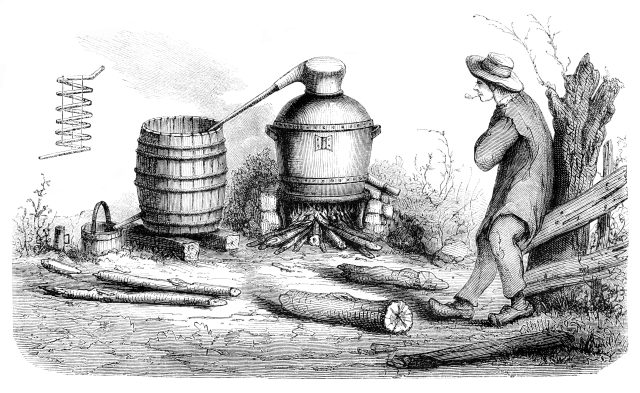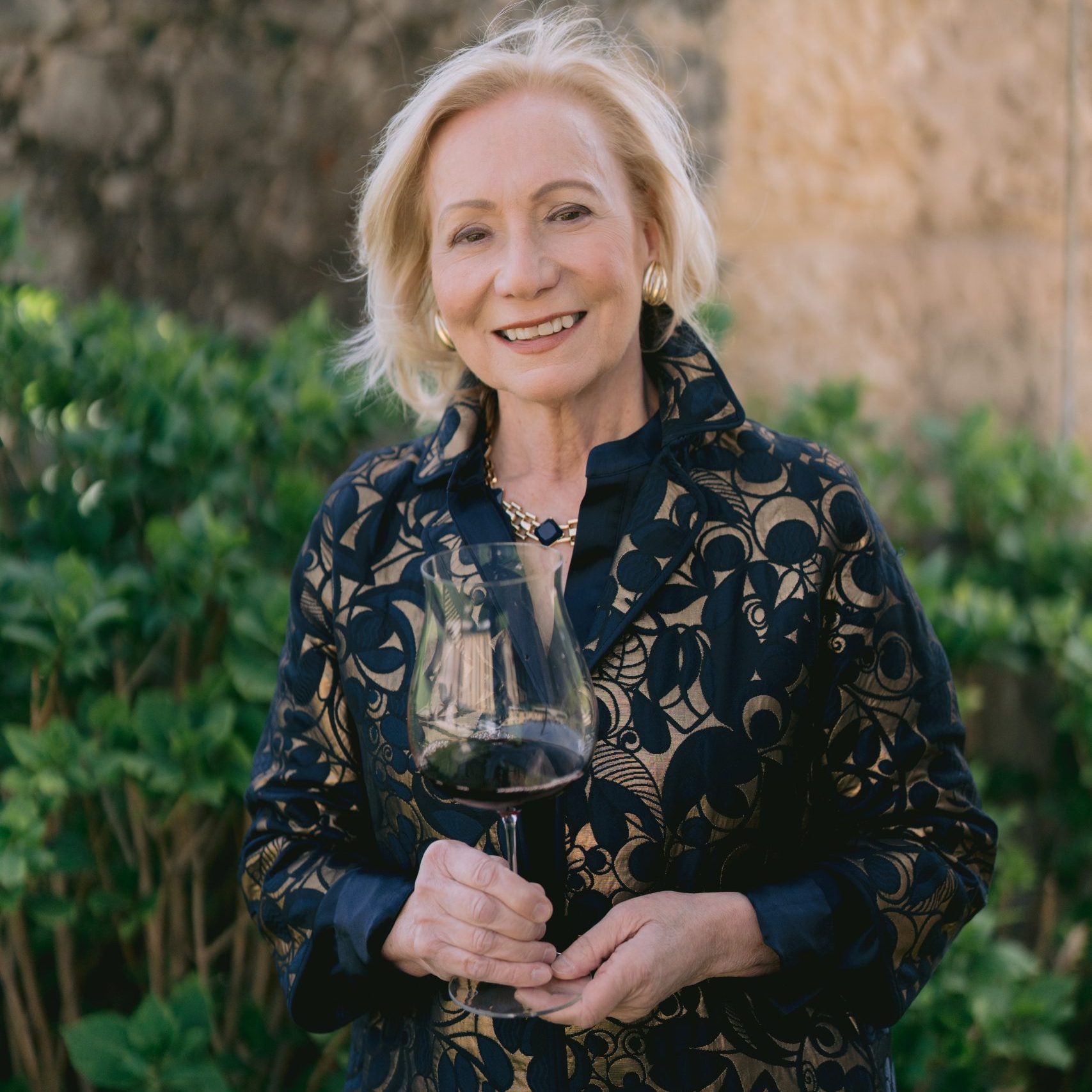Why are there two different spellings of whisky/whiskey?
For International Scotch Day, db explains why ‘whisky’ and ‘whiskey’ emerged as acceptable spellings for the spirit, an issue which is still heated today.

The name for the spirit distilled from grain mash comes from Gaelic term for ‘water of life’. In Scottish Gaelic, it is typically spelt as ‘uisge beatha’, whereas in Irish Gaelic it is ‘uisce beatha’. However, the difference in the anglicised terms ‘whisky’ and ‘whiskey’ does not appear to stem from this slight difference in Gaelic rendering.
Dr. Nicholas Morgan, author of Everything You Need to Know About Whisky, told db: “In the nineteenth century ‘whisky’ was the predominant spelling in use in the UK (including all of Ireland of course). In the United States ‘whisky’ and ‘whiskey’ were used interchangeably to describe whiskies from all parts of the USA and imported whiskies (Scotland and Ireland) too. As far as I can see from research (newspaper adverts etc) ‘whisky’ was the predominant spelling.”
This historical quirk came up with the recent release of Martin McDonagh’s film The Banshees of Inisherin. Set in 1920s Ireland, at one point there is a sign for ‘Power’s Whisky’ (which is produced in Ireland) shown. While several review sites, including IMDB, list this as an error, that is in fact the period-accurate spelling.
“This remained the case until post-prohibition (1933) when I think in the US ‘whiskey’ begins to be the dominant (but not sole) description for American whiskies, and particularly Bourbon. In the Republic of Ireland I think ‘whiskey’ was slowly adopted as the preferred description in the second half of the twentieth century – there’s obviously something about national identity going on there. The Canadians and Japanese chose ‘whisky’ as far as I can tell – perhaps colonial reasons for the Canadians, and for the Japanese because when they started they were just trying to make Scotch.”
So, why did the ‘e’ get added in the first place? The most popular theory is that it was a deliberate branding decision from Irish distillers in order to differentiate their product from Scotch. This supposedly then became the norm in the US due to the number of Irish emigrants who crossed the Atlantic.
Partner Content
Today, Scotland, Wales, England, India, Japan, Taiwan, South Africa, Australia and Canada use ‘whisky’, whereas Ireland and the USA use ‘whiskey’. The “colonial reasons” Morgan mentioned do explain why Commonwealth nations tend to brand their products as ‘whisky’.
The two spellings now signify national, stylistic, and legal distinctions. The UK’s 2009 The Scotch Whisky Regulations Act, specifies that the description ‘Single Malt Scotch Whisky’ must appear on labels in exactly that form, meaning no ‘e’ is permitted.
Of course, there are still exceptions today that confuse the rule. Maker’s Mark is described on the label as a ‘Kentucky Straight Bourbon Whisky’. The explanation the brand has given is that the Samuels family, which created Maker’s Mark, wished to “pay homage to their Scottish-Irish heritage.” It is also sold in the UK with the same label.
Even more confusing is that no less an authority than the US Alcohol and Tobacco Tax and Trade Bureau uses ‘whisky’ as the standard spelling in numerous documents pertaining to what most would refer to as ‘American whiskey’. This is a historical hangover from a time before the ‘e’ emerged (indeed many old US laws concerning the spirit still use the spelling), though it may not be the case for much longer. The Bureau of Alcohol, Tobacco, Firearms and Explosives largely writes ‘whiskey’ in official communications now, a sign of its commitment to Americanness, and a symbol of the national divides between both spellings becoming increasingly entrenched.
Though the debate over the naming of whisk(e)y rages on, the debate over where Pisco, the South American grape brandy, comes from can be even fiercer.
Related news
FSS issues urgent warning over Orkney whisky and gin




